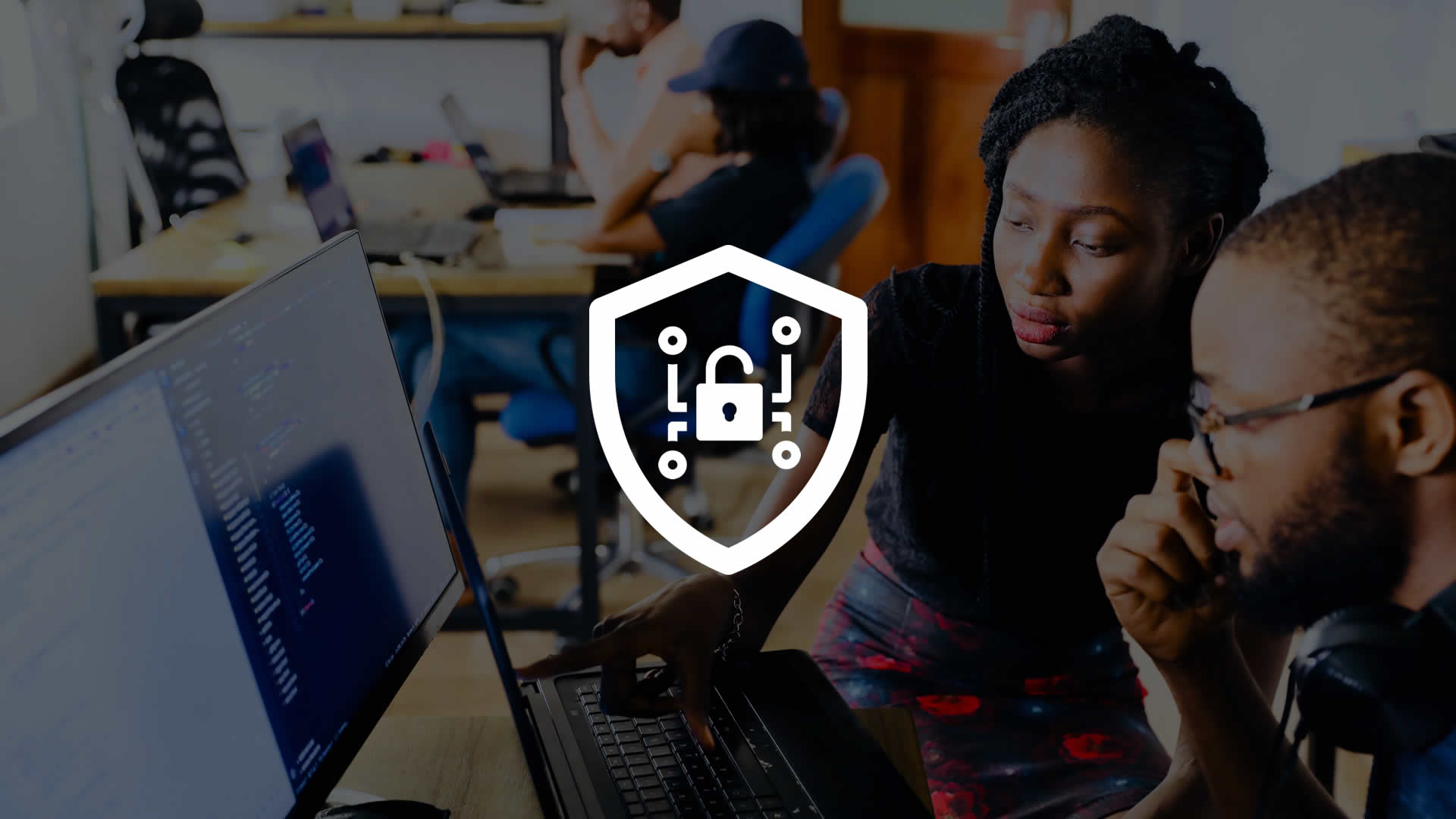Whilst many cyber threats target particular machines, others will throw themselves at anyone, hoping to pounce on user mistakes. All it takes is one wrong click or keystroke and suddenly your system is under attack.Identifying warning signs and understanding how different threats behave can help to keep you safe. That’s why the Focus team have compiled this expert guide to common cyber threats:
Malware, Spyware and Adware
Many regard this trio of threats to be in the same pod given their similar monikers, but it’s useful to understand their unique definitions and traits. Malware can be considered the “family name” of this group: malicious software intended to gain control, steal data or add/remove files.
Spyware is a sub-threat that creeps into your system via a downloaded file and goes looking through all your information. It collects information and passes it along to third parties, often proving difficult to remove if present for too long.
Adware, on the other hand, slows down your PC and redirects you to specific pages. Your web browser homepage will often change and you may find tools installed that weren’t there before.
Updating your cybersecurity will protect you from simple forms of malware. But nonetheless, be sure to avoid “free downloads” and suspect email attachments. If you notice pop-ups or see that your homepage has changed, run a scan immediately and contact Focus for help.
Trojan Horse
Trojan Horses are masters of disguise that install themselves inside seemingly benign programmes and spring into action once they’re downloaded onto the machine.
It’s far too easy to accidentally invite a Trojan Horse indoors, which is even more alarming when you consider that sophisticated variants can delete your files, use your computer to attack others, hack your webcam and even record your keystrokes to steal bank details and passwords.
Basic antivirus software can play a part in preventing Trojan Horses from galloping across your hard drive, but Focus can provide an enhanced solution that prevents these attacks from even getting close. We also know what is required to remove any Trojan Horses already raging terror on your machine. With this sort of threat – time is of the essence, so don’t hesitate to call us.
Ransomware
This threat has gained notoriety after it was revealed the National Health Service had suffered a Ransomware attack in May 2016.
Ransomware locks up all the files on a machine and demands the user pay a fee to receive a decryption key. Unsurprisingly, many don’t receive a code to decrypt their files after paying the ransom, rendering thousands of pounds and years’ worth of data gone forever.
Prevention is always preferable, and more effective, than the cure. If you have backup storage elsewhere, you won’t need to fork out fees if ransomware strikes. By staying security-savvy, updating your system regularly, and avoiding emails/files if something doesn’t seem right, you’ll give yourself the best chance of staying ransomware-free.
For more information about the different types of cyber threats out there and what you can do to protect yourself, contact Focus for expert support.









